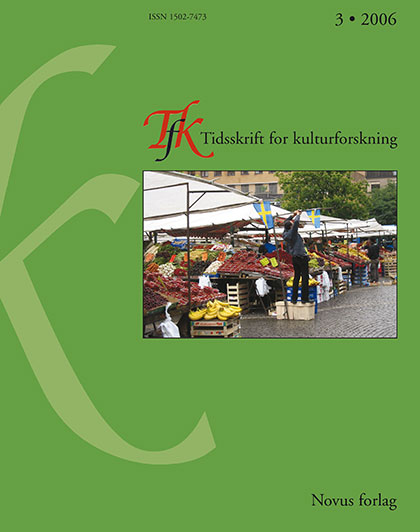Sammendrag
Although women have been climbing mountains in Norway for more than 150 years, their history is mostly silent. The ideal of femininity which held that a woman should be weak, delicate and submissive, was challenged by mountaineering women, which again were met with strong resistance and dismay. In my sources, the Norwegian Tourist Association's (DNT) yearbooks, female climbers are only acknowledged in condescending terms, and it was assumed that a man would always be in charge of the climbing parties. These patronizing attitudes are grounded in the male belief in female inferiority. Thus, there can be are no good women climbers, they either aren't good climbers or they aren't real women. This article explores the reasons for the strong resistance climbing females are met with, grounded in Bourdieus' theories on the symbolic order in society. I argue that climbing, an activity created by and for men, is a focal point for discourses on masculinity, femininity and sex roles, and an area which facilitates an alternative sex-enactment for women, but at a cost.
Forfattere beholder opphavsretten og gir tidsskriftet rett til første publisering av arbeidet. En Creative Commons-lisens (CC BY-SA 4.0) gir samtidig andre rett til å dele arbeidet med henvisning til arbeidets forfatter og at det først ble publisert i dette tidsskriftet.

